Decolonising Development: Looking back, looking forward
DSA Decolonising Development Study Group Launch in partnership with CAS Decolonising Development Working Group and RACE.Ed
Wednesday 16th September, 16:00 – 17:30 (online event)
About this event
This DSA Development Study Group launch event discussed the retrospects and prospects of decolonising development studies. It was interested in imagining what a decolonial agenda in Development Studies could look like and what interventions are needed in practice. It was the first of the Centre of African Studies (CAS) Seminar series organised in partnership with the CAS Decolonising Working Group and the University of Edinburgh’s RACE.ed.
Watch the video from the launch event
Further information
When 33% of UK, 32% of Japanese, 30% of French, 27% of Dutch respondents respectively report that they think the countries they formerly colonised are ‘better off’ for being colonised (YouGov Poll, 2020), there is a clear need for critical discussions on the ways in which history influences contemporary conceptions of power, nation, community and self.
Recent years have seen extensive discussion of the need to “decolonise” universities, and to decolonise knowledge production, especially within Development Studies, which has direct historical roots in colonial intervention. Indeed, campaigns such as #RhodesMustFall in South Africa and the UK, #FaidherbeMustFall in France and Senegal, #BlackLivesMatter globally and #WhyIsMyCurriculumWhite? in the UK (to name a few) have generated discussions far beyond the academy. While the notion of “decolonising” has gathered considerable momentum, its agenda is multifaceted and complex, with uncertainty over what progress should look like, and what the ultimate goals should be.
This DSA Development Study Group launch event discusses the retrospects and prospects of decolonising development studies. It is interested in imagining with a carefully selected group of scholar-activists what a decolonial agenda in Development Studies could look like and what interventions are needed in practice (action plan). It is the first of the Centre of African Studies (CAS) Seminar series organised in partnership with the CAS Decolonising Working Group and the University of Edinburgh’s RACE.ed. The Zoom link will be shared with registered attendees closer to the date. Please use the hashtag #DecolonisingDevelopment and #DecolonisingDevelopmentLaunch.
Speakers
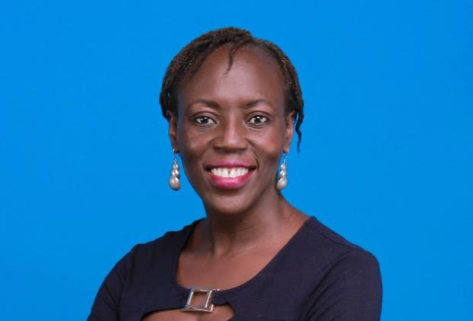
Dr. Marion Ouma completed her doctorate studies in Sociology under the South Africa Chair Initiative (SARChl) in Social Policy at the University of South Africa in 2019. Dr. Ouma is a past recipient of the Social Science Research Council, Next Generation of Africa Social Science Research Fellowship. She has previously worked at various national, international non-governmental organisations, and the United Nations as a social protection specialist. Her research interests include sociology, social policy, social protection, policymaking and the political economy of Africa’s development. She has published in Critical Social Policy and has a book chapter in The African Political Economy.

Hazel Gray is a Senior Lecturer in African Studies and International Development. Her research interests cover the political economy of industrial change in Africa, political economy of institutions and heterodox economics. Her recent book Turbulence and Order in Economic Development was published by OUP in 2018. She is co-chair of the journal Critical African Studies. She completed her PhD at SOAS in the Department of Economics and worked at the Department of International Development at the LSE before joining the Centre of African Studies at the University of Edinburgh. Hazel previously worked at the Ministry of Finance in Tanzania from 2000 to 2004 and she was a lead author of the UNDP Human Development Report for Tanzania in 2014 and 2017.
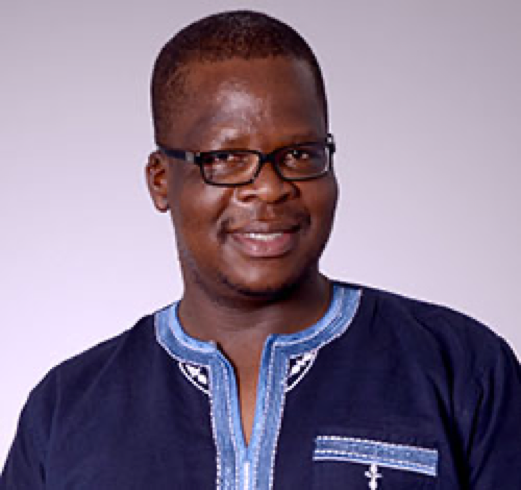
Sabelo J. Ndlovu-Gatsheni is Professor and Chair of Epistemologies of the Global South with Emphasis on Africa at the University of Bayreuth in Germany. He previously worked as Research Professor and Director of Scholarship in the Department of Leadership and Transformation (DLT) in the Principal and Vice-Chancellor’s Office at the University of South Africa (UNISA), South Africa. He was also the 2019 Visiting Professor at the Johannesburg Institute for Advanced Study (JIAS) at the University of Johannesburg (UJ). He is a leading decolonial theorist with over a hundred publications in the fields of African history, African politics, African development and decolonial theory. His latest major publications are Epistemic Freedom in Africa: Deprovincialization and Decolonization (Routledge, July 2018); Rethinking and Unthinking Development: Perspectives on Inequality and Poverty in South Africa and Zimbabwe (Berghahn Books, March 2019) coedited with Busani Mpofu; and Decolonization, Development and Knowledge in Africa: Turning Over A New Leaf (Routledge, May 2020).
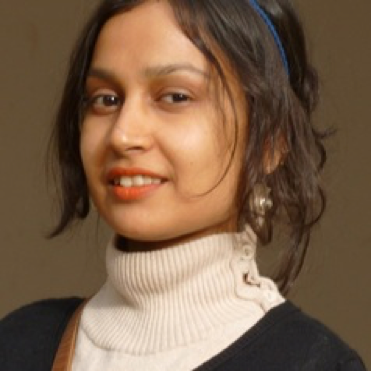
Dr Pooja Jain is a Postdoctoral Researcher at the Centre for Research on India and South Asia, EHESS (France). She is working on a three years’ research project on the new actors, dynamics and territorialities of development: “Understanding the Relations between Africa and Asia: Creating an Interdisciplinary Space of Research and Education” (CRAA-ETRE).
She did her PhD at Sciences Po Paris where she studied Partnerships for Development through a case study on India and Senegal. Her research interests include development practice and policy, public-private partnerships in development, international relations and South-South Cooperation. She has written and published articles for the French Agency of Development, Afrique Contemporaine and Le Soleil, a Senegalese daily.
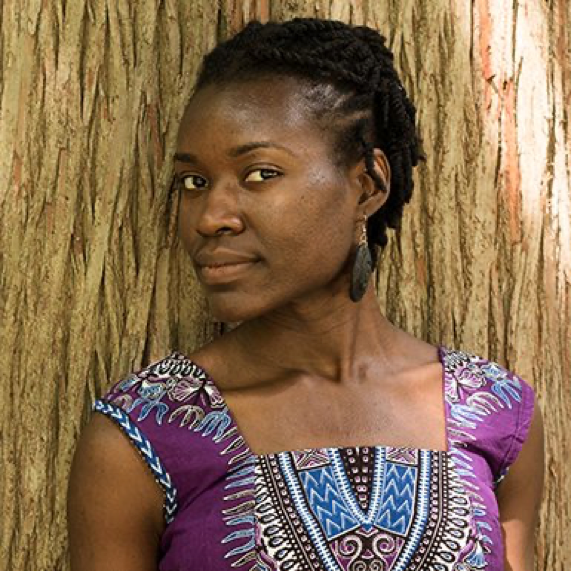
Dr Robtel Neajai Pailey is Assistant Professor in International Social and Public Policy at the LSE. Previously, she was a Leverhulme Early Career Fellow, Oxford Department of International Development. She is a Liberian academic, activist and author of the forthcoming monograph Development, (Dual) Citizenship and Its Discontents in Africa: The Political Economy of Belonging to Liberia, as well as the anti-corruption children’s books Gbagba and Jaadeh!. At Oxford, she previously served as a senior researcher on the project Migrants in Countries in Crisis which examined the migration implications of crises in six countries – Central African Republic, Ivory Coast, Lebanon, Libya, South Africa and Thailand.
Moderator and Convenor: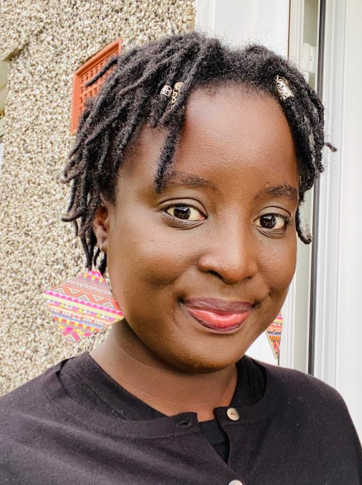
Dr Rama Salla Dieng: Lecturer in African Studies and International Development. DSA Decolonising Development Study Group and Co-Chair of CAS Edinburgh Decolonising Working Group
Co-Moderator: 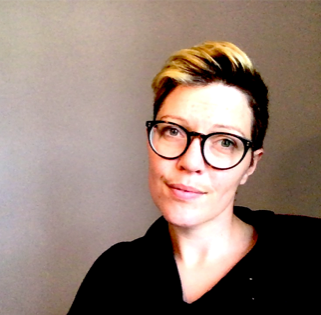
SJ Cooper-Knock: Lecturer in International Development (CAS and Social Anthropology), Co-Chair of CAS Edinburgh Decolonising Working Group.
